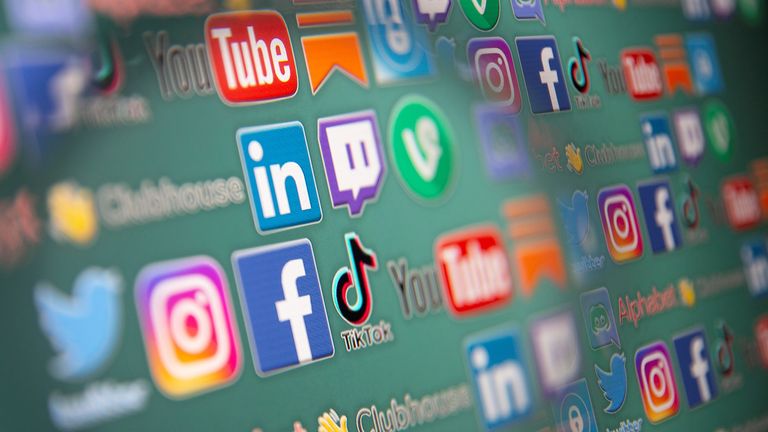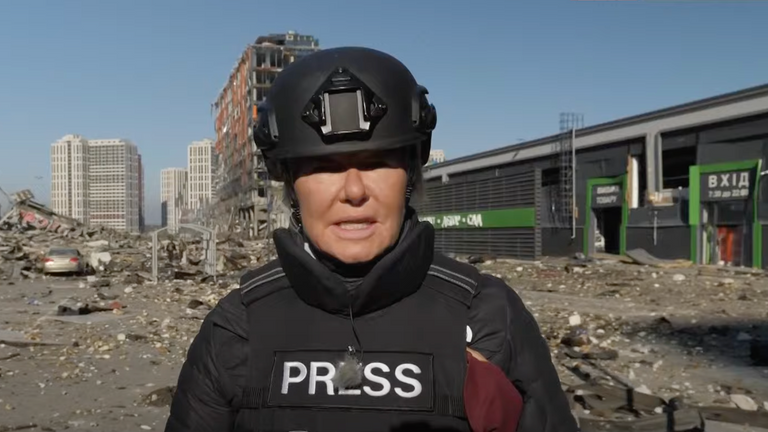Russia labels Facebook and Instagram ‘extremist’ platforms – but spares WhatsApp from ban
Russia has formally banned Facebook and Instagram in the first use of its sweeping law on “extremism” on a foreign technology company.
Previously, groups like the Taliban and Islamic State have been targeted under the same law.
A Moscow court exempted WhatsApp from the ban, however, saying it didn’t have the same power to disseminate information to the public as its sister companies, which are all owned by Meta.
Following the invasion of Ukraine in late February, Facebook was banned by the Kremlin for blocking Russian state media outlets, such as RT, from operating on its platform.
Instagram was shut down for allowing users to post messages calling for violence against Russian troops in Ukraine.
Ukraine war latest: US-Russia relations ‘on brink of collapse’
What happened in court?
Moscow’s Tverskoi District Court upheld the decision, enshrining the bans in law, as it labelled the companies “extremist organisations” in the process.
State prosecutors said that Meta “deliberately allowed hate speech against Russians, which created an alternative reality in which any pro-Russian position was suppressed and hatred was incited”.
Russia’s state press agency said that Meta’s lawyer had argued that the company was not an extremist organisation, and opposed hatred against Russians.
Read more:
• David Beckham gives Instagram account to Ukrainian doctor
• Instagram star calls for Vladimir Putin to face war crimes trial
Facebook and Instagram began blocking RT and Sputnik for users in the UK following a request by the British government earlier this month.
It followed a letter by Culture Secretary Nadine Dorries, urging Meta, TikTok, and Twitter to restrict access to the Russian state-owned organisations which she accused of spreading “damaging propaganda into Britain”.
Several days later, Reuters reported that Facebook and Instagram posts calling for Vladimir Putin’s death – and violence against Russian soldiers – would be temporarily allowed in some countries.
Follow the Daily podcast on Apple Podcasts, Google Podcasts, Spotify, Spreaker
Meta, which owns both social networks, reportedly sent emails to moderators that explain the company is making “allowances for forms of political expression that would normally violate our rules”.
The encouragement of violence against Russian civilians will continue to be prohibited – and posts calling for the president’s death will be deleted if they contain other targets or discuss a location or method.

